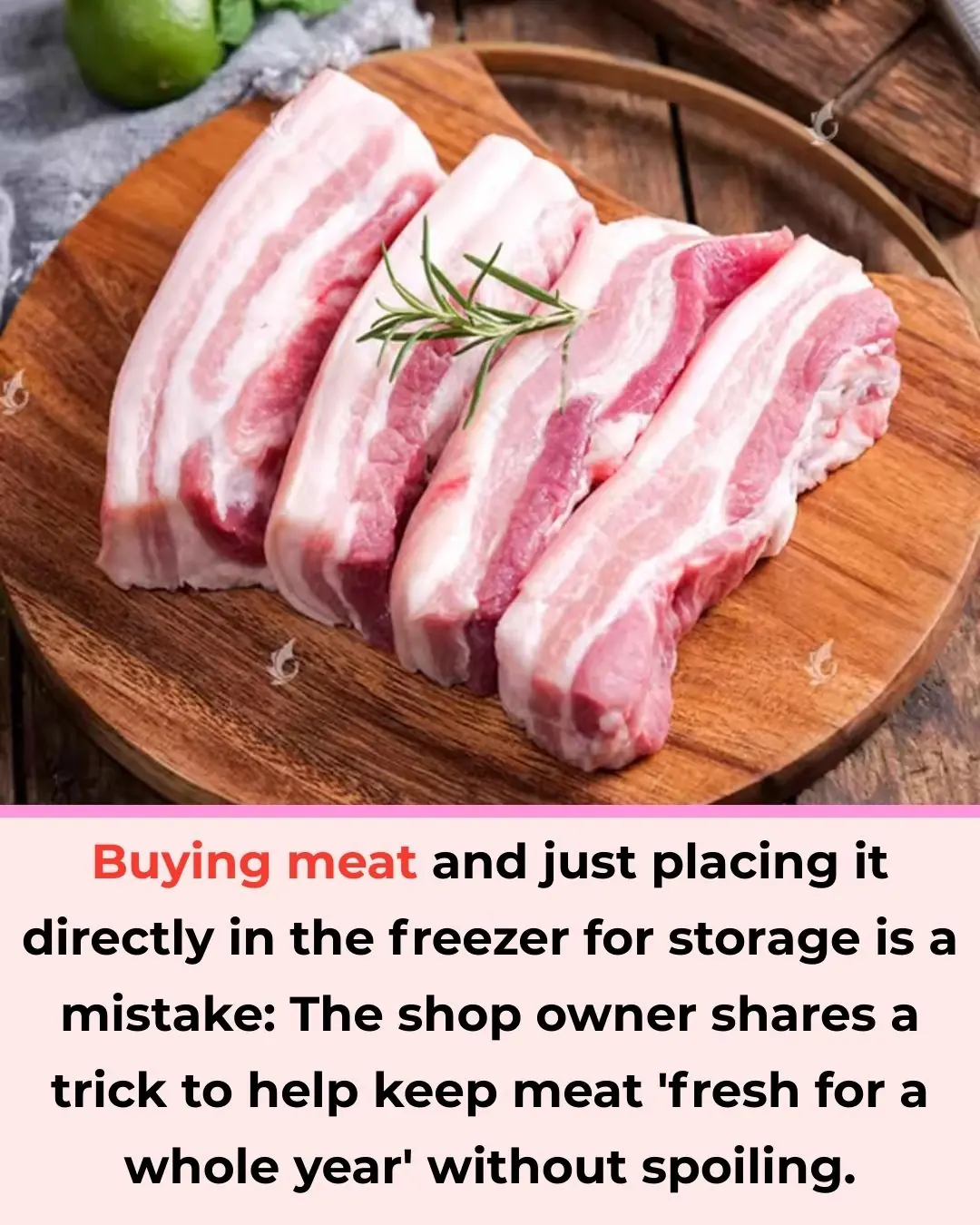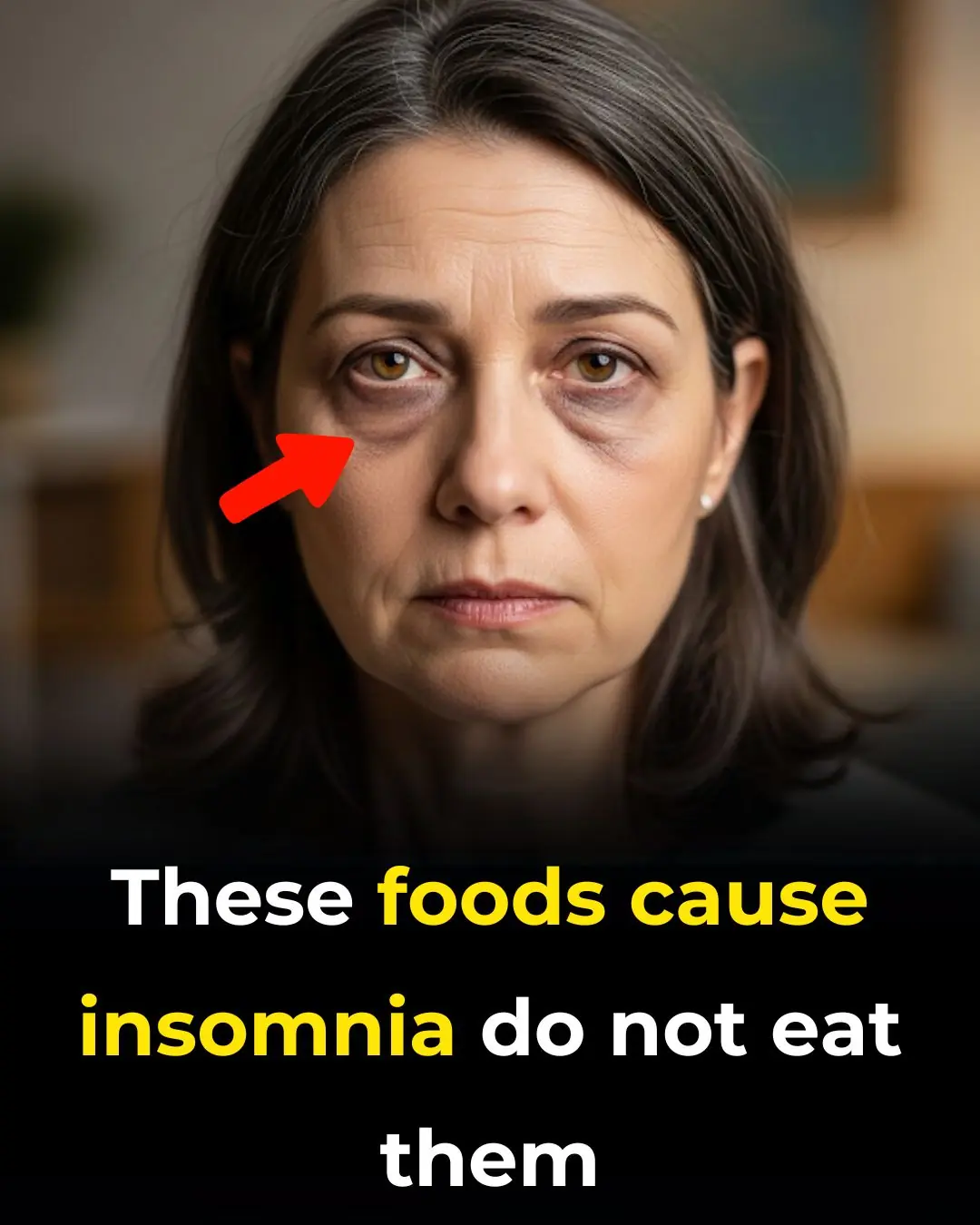
Life-Saving Insights: 10 Tips to Lower Your Stroke Risk & Recognize Early Warning Signs
Life-Saving Insights: 10 Tips to Lower Your Stroke Risk & Recognize Early Warning Signs
Stroke is a major health crisis, ranking as the fourth leading cause of death in America and a primary cause of adult disability. Alarmingly, many U.S. adults aged 45 and older may have experienced a stroke without even realizing it. Recognizing the early signs of a stroke and seeking immediate emergency medical help is crucial, as prompt treatment can significantly improve outcomes. Certain stroke medications are most effective when administered shortly after symptoms begin, and while some individuals recover completely, over two-thirds of survivors face long-term disabilities.

What Exactly is a Stroke?
Your brain relies on a constant, uninterrupted supply of blood to function properly, receiving vital nutrients and oxygen. A stroke occurs when this blood flow to a part of the brain is disrupted. This can happen in two main ways:
-
Ischemic Stroke: A blood clot blocks an artery, cutting off blood supply.
-
Hemorrhagic Stroke: An artery bursts, leading to bleeding in the brain.
When either of these events occurs, brain cells begin to die, leading to brain damage. The abilities controlled by that affected brain area—such as speech, memory, or movement—can be lost. The impact depends on where the stroke occurs in the brain and the extent of the damage, affecting both mind and body.
Strokes can range from small, causing minor weakness in an arm or leg, to large, potentially leading to paralysis on one side or complete loss of speech. While brain cells typically die shortly after a stroke begins, some can survive for a few hours if the blood supply isn't entirely cut off. Restoring blood flow quickly, within minutes or hours, can help some of these cells recover.
It's also important to be aware of a "mini-stroke" (transient ischemic attack – TIA). This is a temporary blockage that doesn't cause permanent brain damage but can produce stroke warning signs for minutes or even hours. A TIA is a critical warning sign that should never be ignored, as it indicates a high risk of a future, more severe stroke.
10 Life-Saving Tips for Lowering Your Stroke Risk
Fortunately, there are many effective ways to significantly reduce your risk of having a stroke. Incorporating these tips into your lifestyle can make a substantial difference:
-
Exercise in Moderation: Regular moderate exercise can reduce your risk of heart attack by 30% to 50%. Aim for 30 minutes of aerobic exercise at least 5 days a week. This helps maintain a healthy weight, improves heart function and blood circulation, lowers cholesterol, and keeps blood pressure at a healthy level. (This is also one of 70 habits featured in my e-book, "70 Powerful Habits For A Great Health").
-
Control Alcohol Use: Excessive alcohol consumption has been negatively linked to stroke. Drinking more than 2 drinks per day may increase stroke risk by 50%.
-
Manage Your Weight: You don't need to achieve an "ideal" weight to reduce stroke risk. Losing just 5-10% of your body weight can improve cholesterol, lower blood pressure, and reduce blood sugar. High blood pressure and cholesterol are major stroke risk factors, and people with diabetes are up to four times more likely to have a stroke.
-
Take Your Heart Medicine: A shocking fact: 130,000 Americans die annually because they don't take prescribed heart medications as directed. If you struggle with medication adherence due to side effects, cost, or forgetfulness, talk to your doctor. Finding the right medicine for you is vital.
-
Eat a Proper Nutrition: "You are what you eat" holds true for stroke prevention. A healthy diet rich in fruits, vegetables, whole grains, lean meats, and fish can reduce your stroke risk by a whopping 25%.
-
Potassium-Rich Foods: According to a study in the American Heart Association’s journal Stroke, consuming more potassium lessens your chances of having a stroke, especially in post-menopausal women. Include foods like white beans, dark leafy greens, baked potatoes (with skin), sweet potato, dried apricots, salmon, avocado, and bananas.
-
A Little Dark Chocolate: Here's some good news: several studies suggest that eating dark chocolate more than once a week can lower your risk of heart disease by almost 40%, diabetes by about 30%, and stroke by about 30%. Opt for good quality chocolate with 75% cocoa content or higher.
-
-
Don't Smoke: This may seem obvious, but it's crucial. Even second-hand smoke poses a significant risk; approximately 46,000 people die each year from heart disease linked to it. If you smoke, explore natural and scientifically proven ways to quit.
-
Avoid Illegal Drugs: Certain illegal drugs, such as cocaine and methamphetamines, are direct risk factors for stroke. Cocaine, for example, reduces blood flow and can narrow arteries, leading to stroke.
-
Treat Obstructive Sleep Apnea (OSA): Often undiagnosed, moderate to severe OSA affects about 1 in 15 adults. The Mayo Clinic notes that it can increase stroke risk by as much as three times in men. If you've been diagnosed with OSA, diligently follow your prescribed treatment.
-
Visit Your Dentist Regularly: This less obvious tip is highly beneficial: getting your teeth cleaned every 6 months may lower your risk of heart attack by 24% and stroke by 13%. Dentists can also spot early signs of heart disease, like swollen gums or loose teeth, allowing for earlier intervention.
-
Watch for Unusual Symptoms: Listen to your body and pay attention to any unusual symptoms, such as shortness of breath, changes in heart rhythm, or extreme exhaustion. Don't hesitate to make an appointment with your doctor. Guys, ditch the "macho-attitude"—your health is paramount!
Ultimately, the best steps to reduce your stroke risk are knowing your personal risk factors, diligently following your doctor's advice, and consistently adopting a healthy lifestyle.
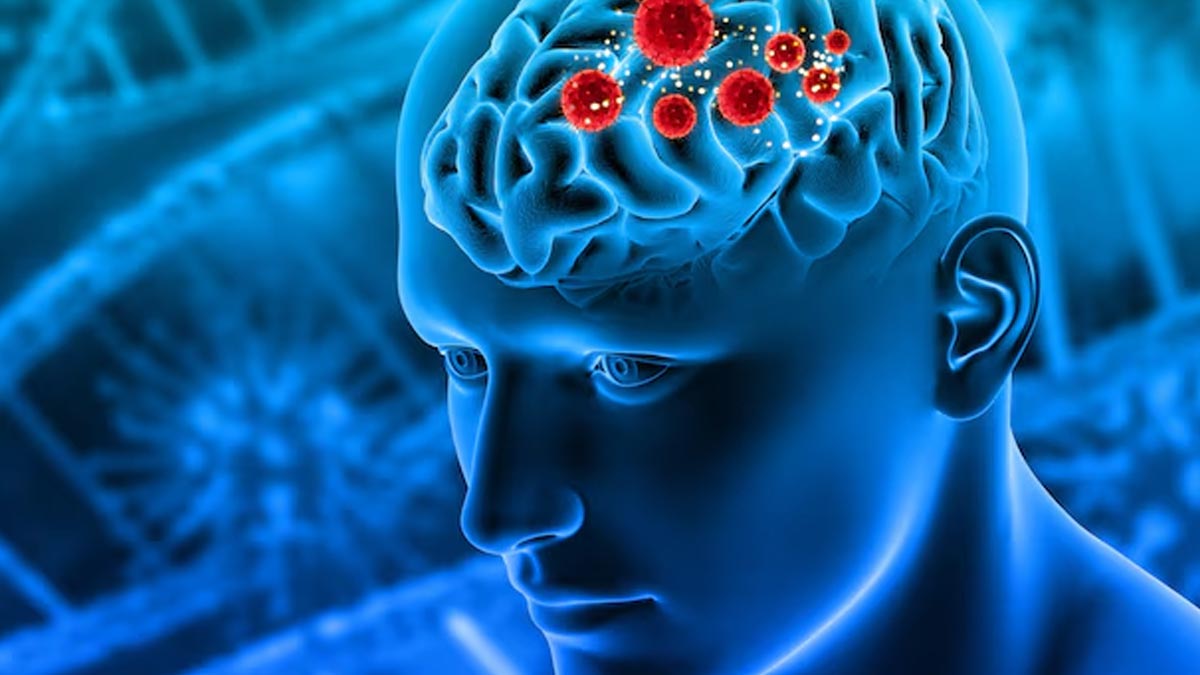
What Are The Warning Signs of a Stroke? (The "FAST" Test)
A stroke is always a medical emergency. Recognizing the symptoms and getting help as quickly as possible is vital, as immediate identification and rapid transport to the hospital can not only save a life but often allow the patient to recover without lasting damage if appropriate medical treatment is received within three hours.
Here are the possible warning signs of a stroke:
-
Sudden weakness or numbness in the face, arm, or leg, especially on one side of the body. This can range from minor weakness to complete paralysis, or a drooping face when trying to talk or smile.
-
Sudden loss of speech or difficulty understanding speech. The person may struggle to talk, form logical sentences, appear confused, or have trouble understanding statements or commands.
-
Sudden loss of vision or trouble seeing clearly, particularly in one eye.
-
Abrupt loss of sensation, such as numbness on the skin, or affected senses like smell, taste, or hearing.
-
Sudden loss of balance and coordination, possibly accompanied by vomiting, nausea, fever, or a brief loss of consciousness. Victims often struggle to walk and lose their balance.
-
Sudden and severe headache that is unusual or has no other identifiable cause. This can rapidly be followed by loss of consciousness, indicating a stroke due to bleeding.
-
Unexplained dizziness or sudden falls.
-
A decrease or loss of reflex, such as trouble swallowing when eating to the point of gagging.
If you or someone you're with shows any possible signs of stroke, do not hesitate. Get emergency medical care right away.
The "FAST" Test: A Simple Way to Recognize Stroke
If you're unsure if someone is having a stroke, use the simple "FAST" test:
-
Face – Ask the person to smile. Does one side of the face droop?
-
Arms – Ask the person to raise both arms. Does one arm drift downward or cannot be lifted?
-
Speech – Ask the person to say a simple sentence. Is their speech slurred or strange?
-
Time – If even one of these signs is present, it's time to call an ambulance immediately. Describe the signs and provide an exact location!
Please share this vital information with everyone who matters to you. For every ten people who receive it, you could help save at least one life!
News in the same category

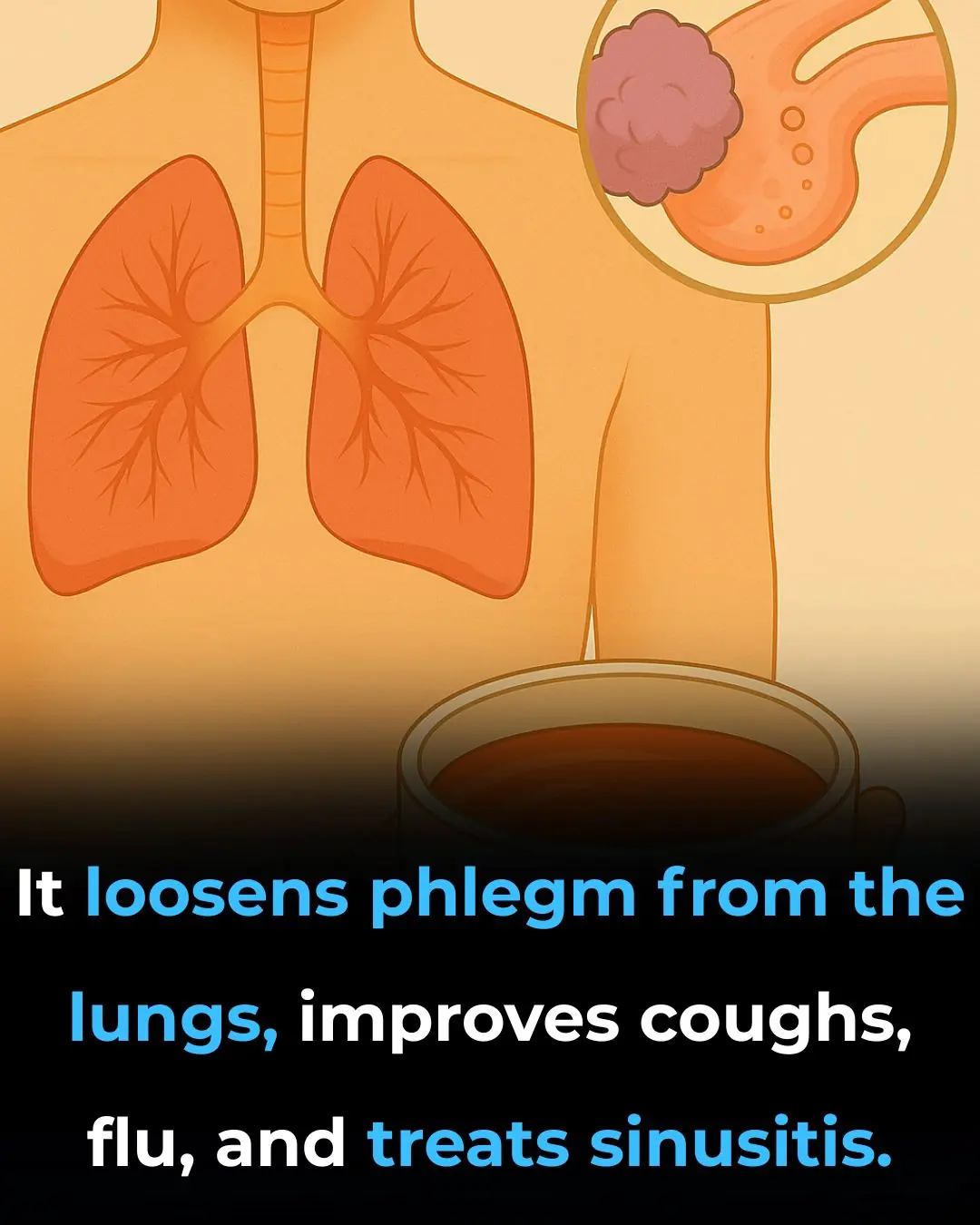
How To Get Rid of Phlegm And Mucus
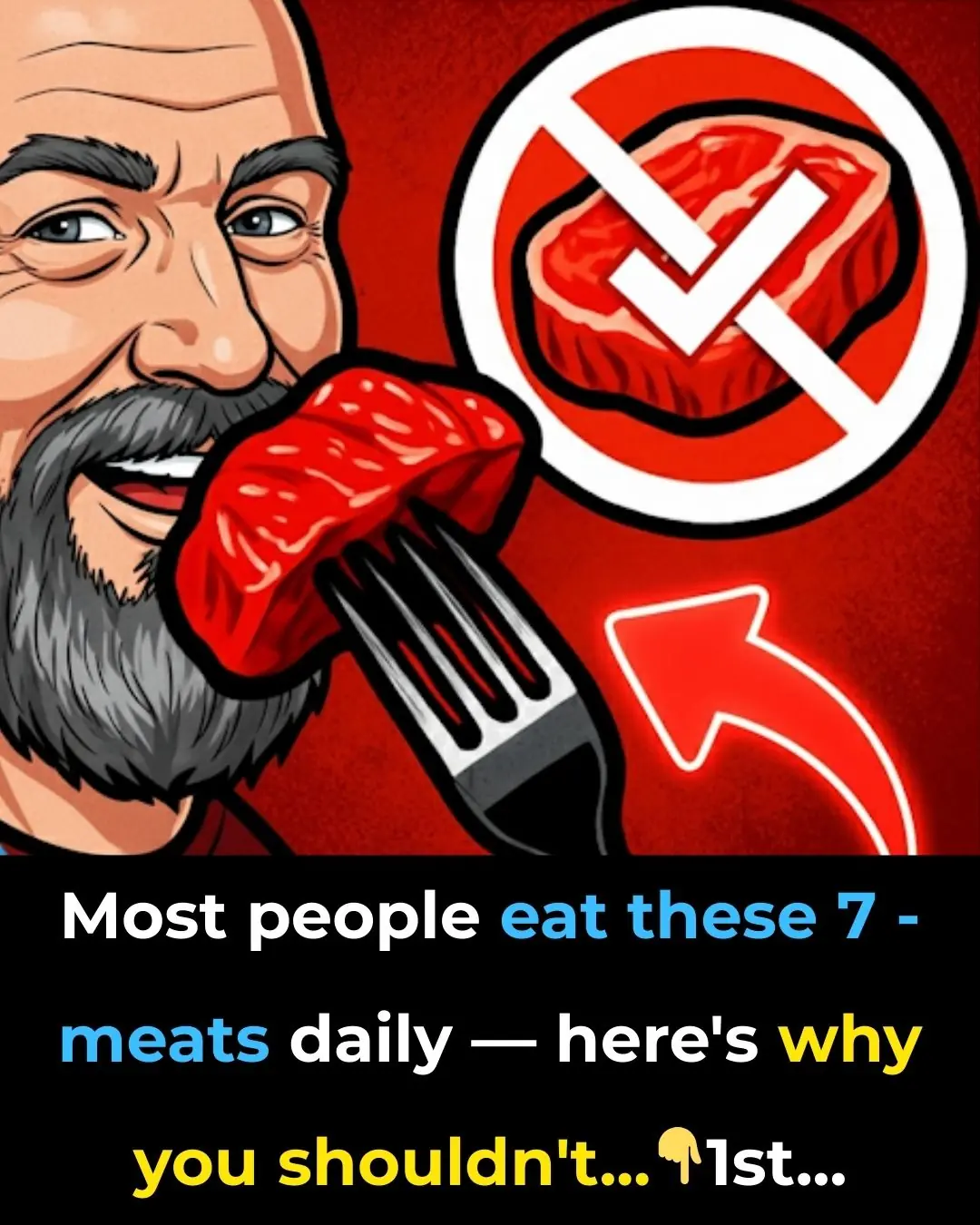
Most people eat these 7 meats daily — here’s why you shouldn’t
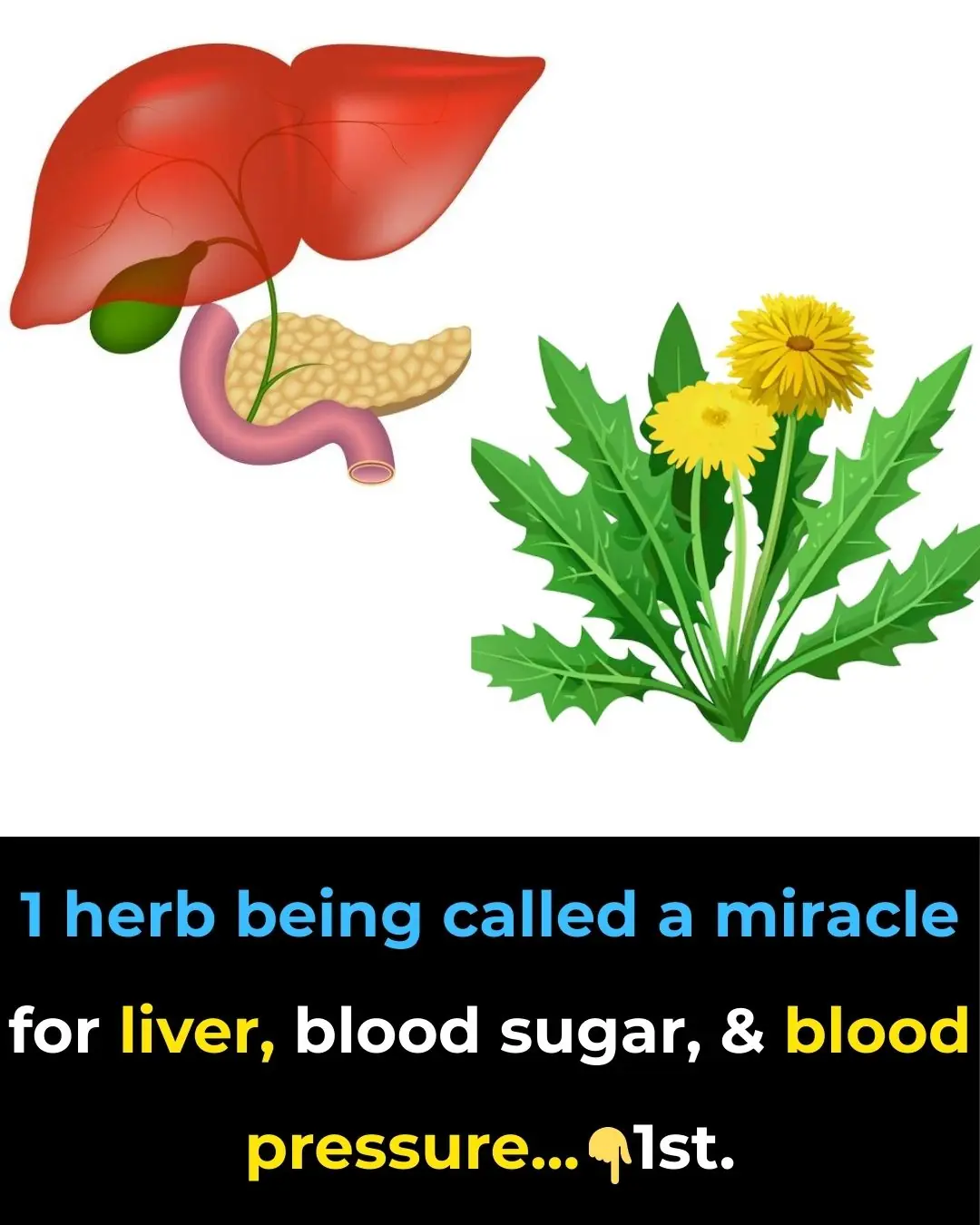
1 herb being called a miracle for liver, blood sugar, and blood pressure
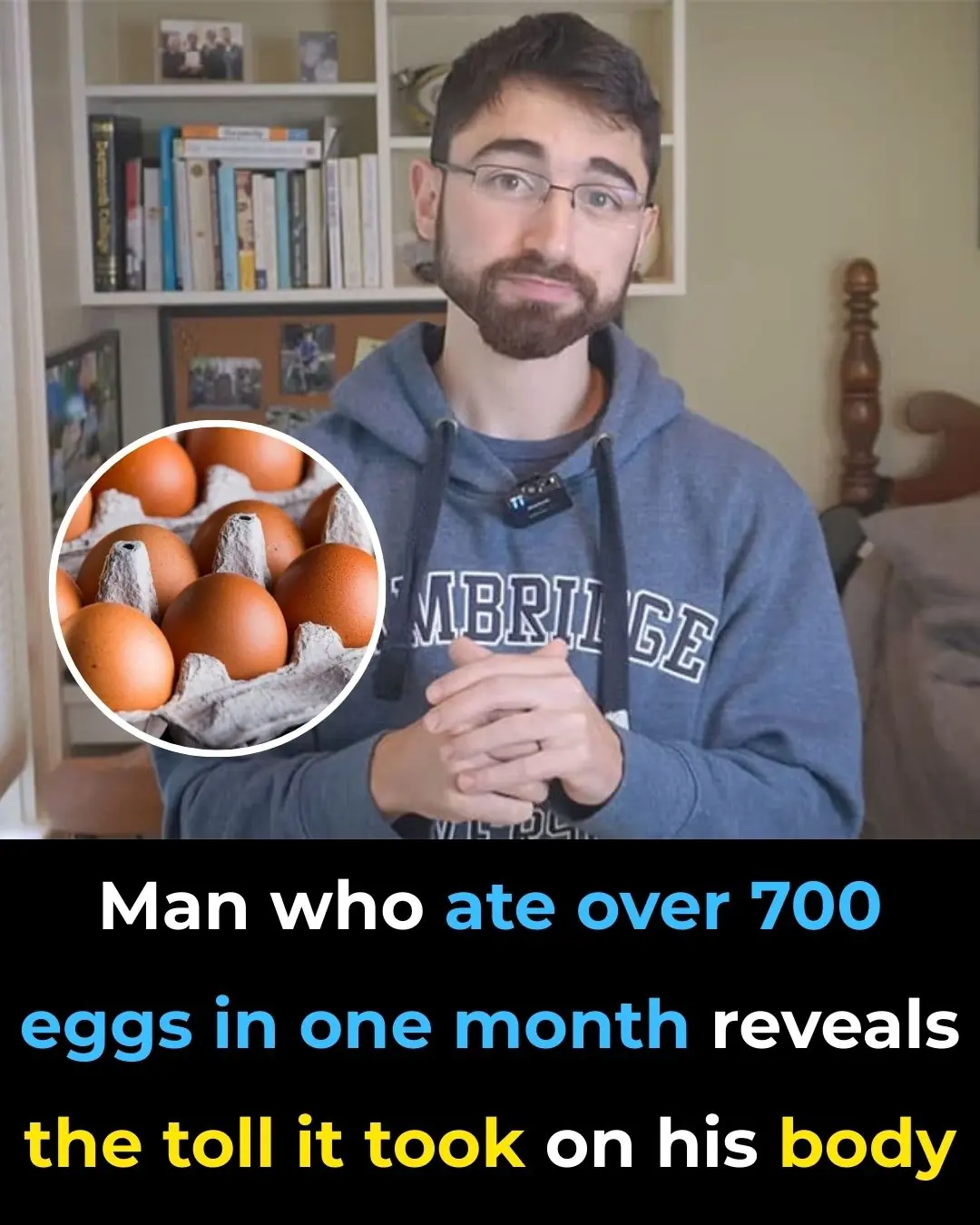
Dr. Nick Norwitz Eats Over 700 Eggs in a Month to See What Happens

Elon Musk unveils new AI project that could recreate Microsoft’s entire business operations
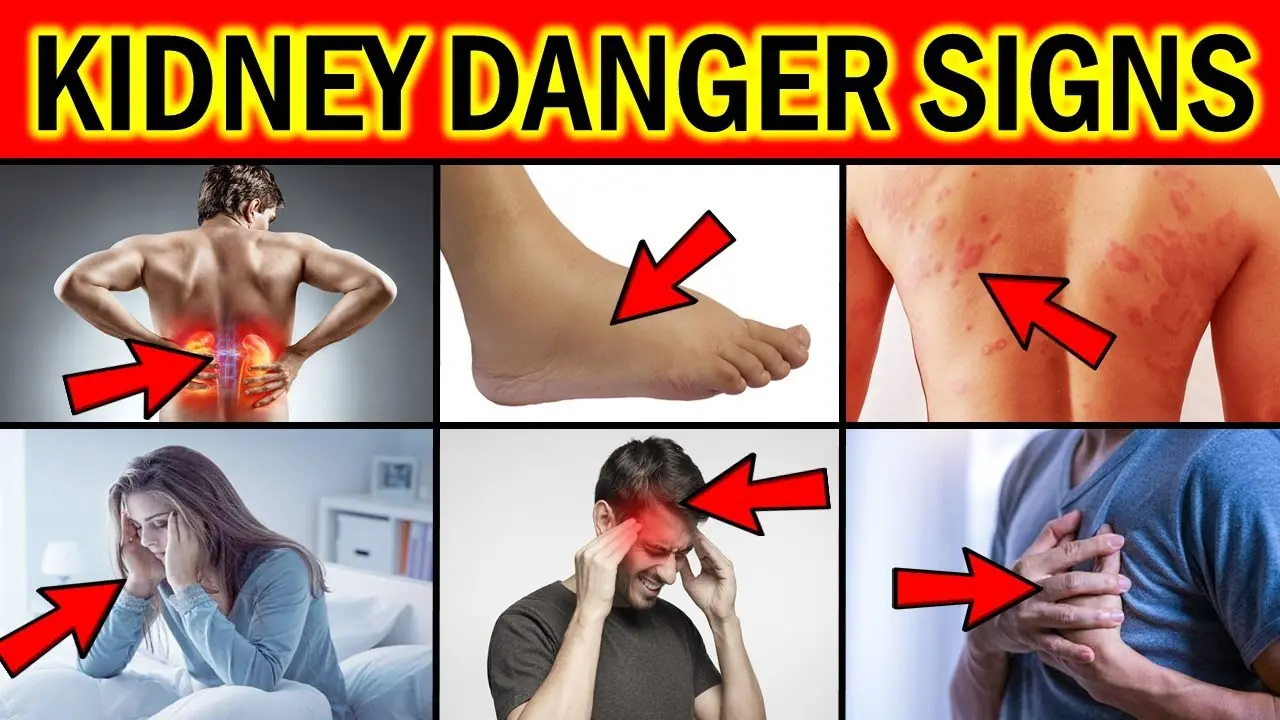
Do Not Ignore These 10 Warning Signs That Your Kidneys May Be In Danger

If Your Body Suddenly Jerks While Falling Asleep, This Is What It Means
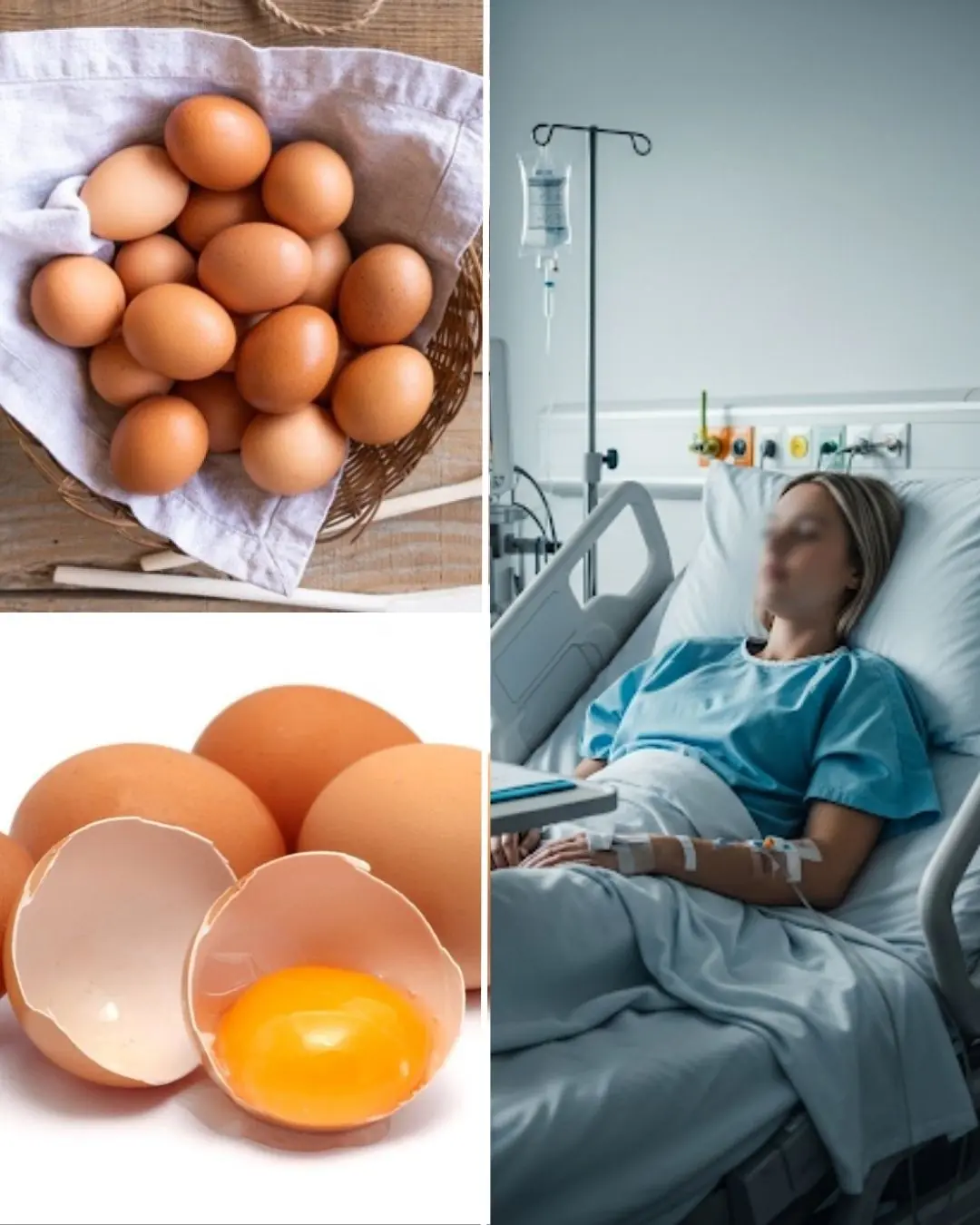
If You Eat Eggs Every Day
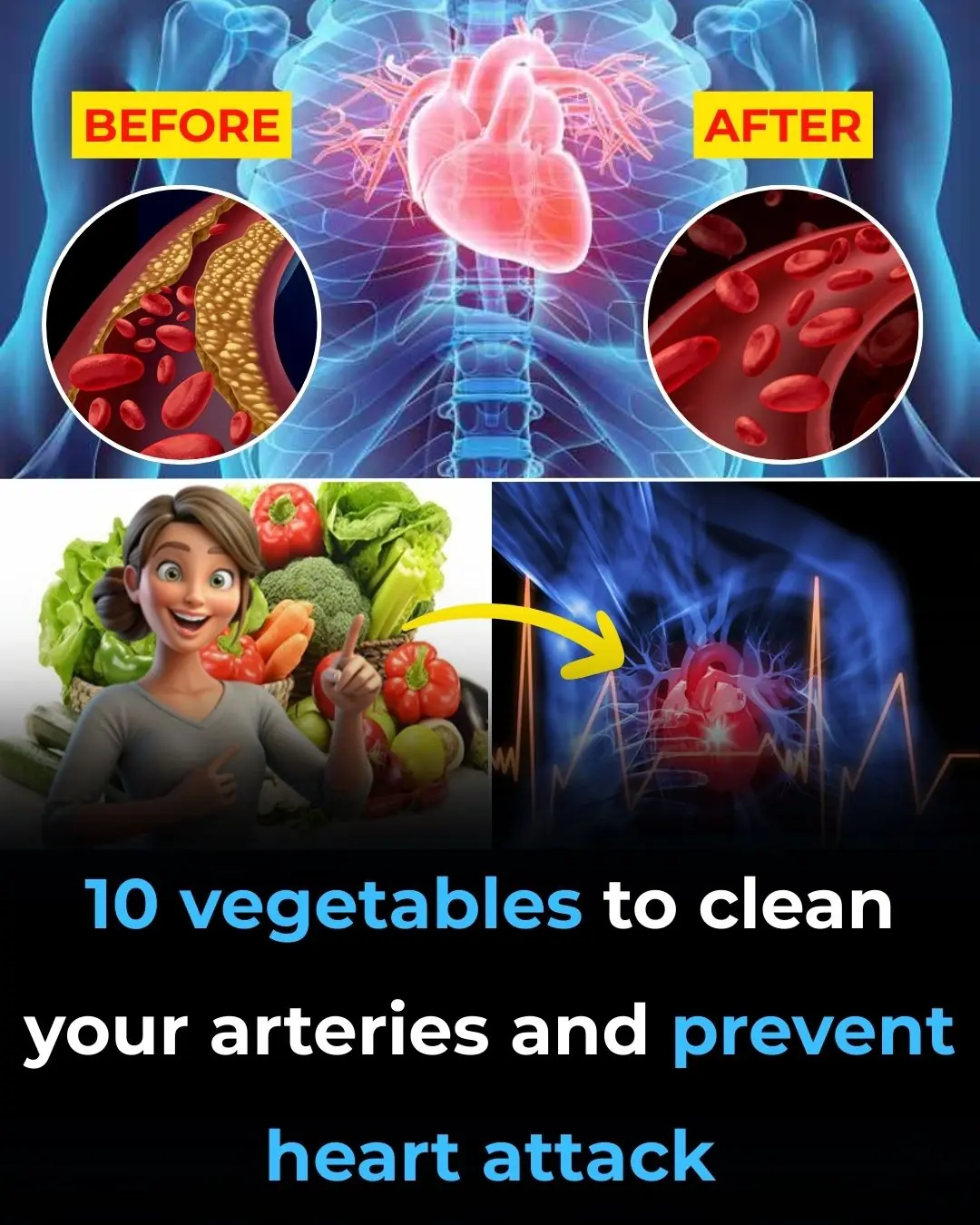
Vegetables To Clean Your Arteries And Prevent Heart Attack
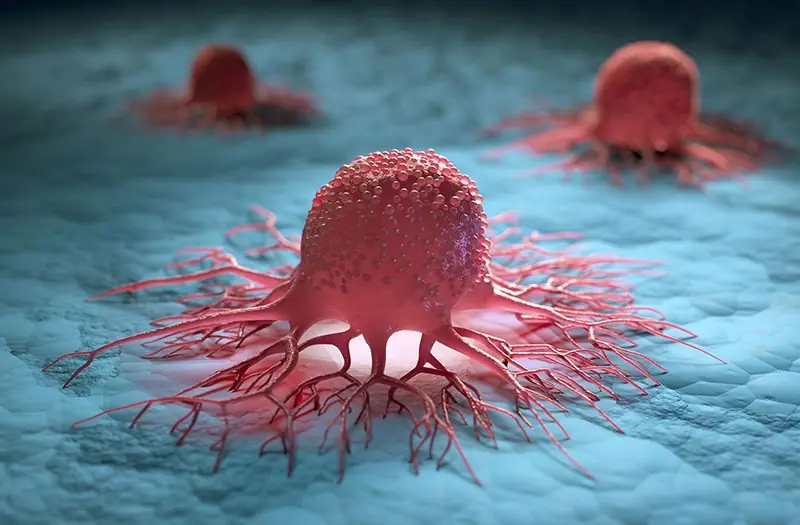
Pain in This Part of the Body Could Indicate Cancer Cells are 'Awakening' – Both Men and Women Shouldn't Ignore It
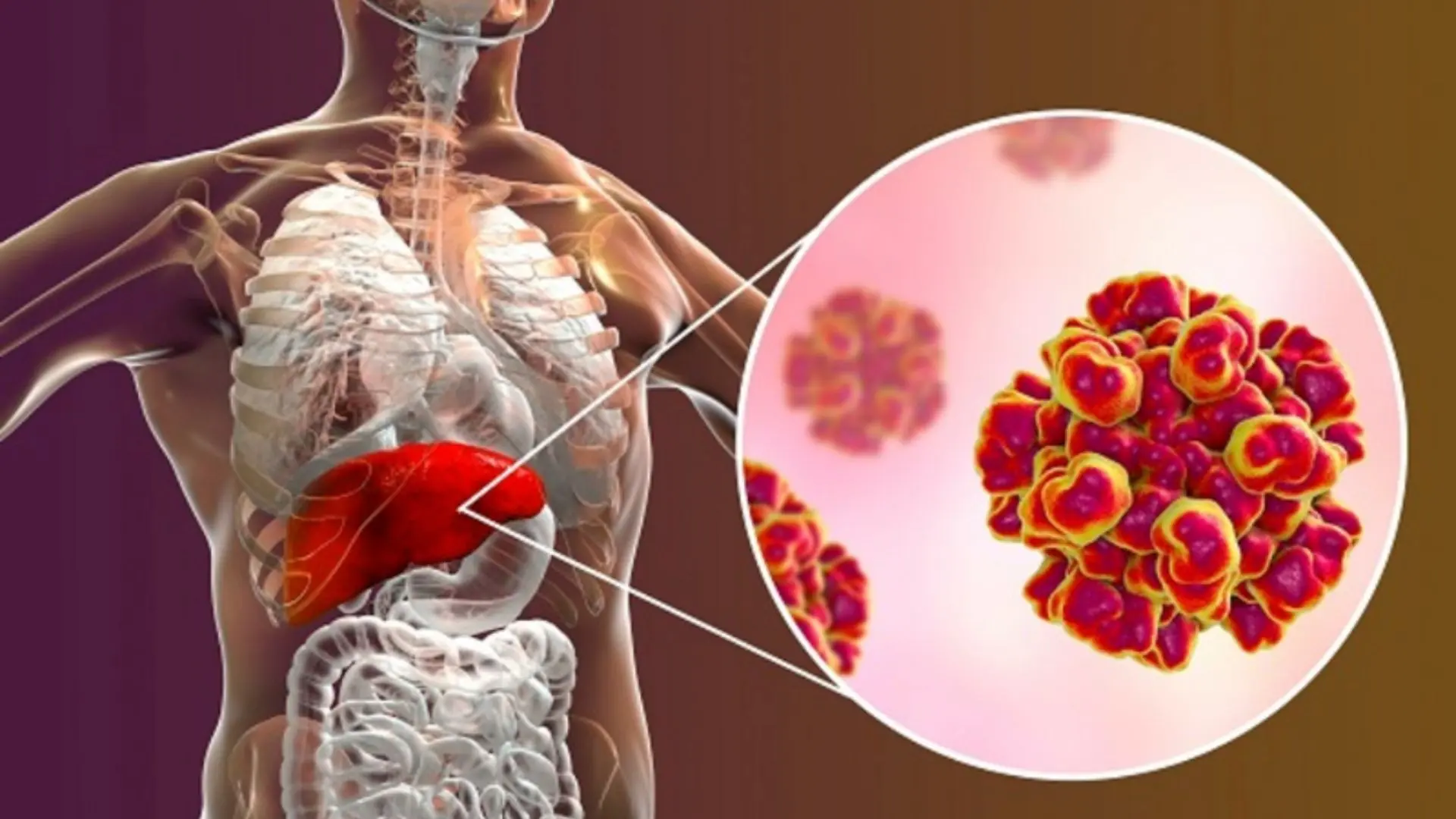
10 Unconventional Signs of Liver Damage You Must Know About
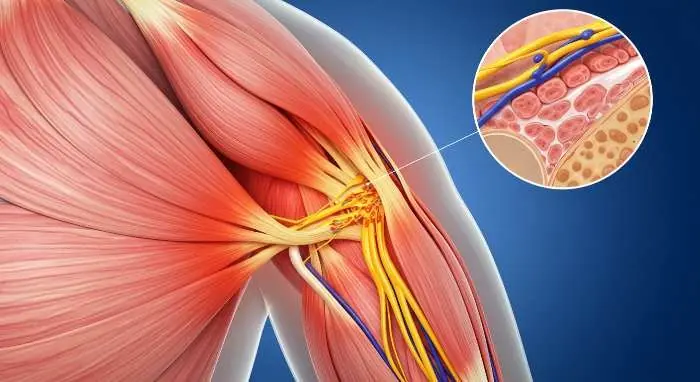
14 Early Warning Signs You're Dangerously Low on Magnesium
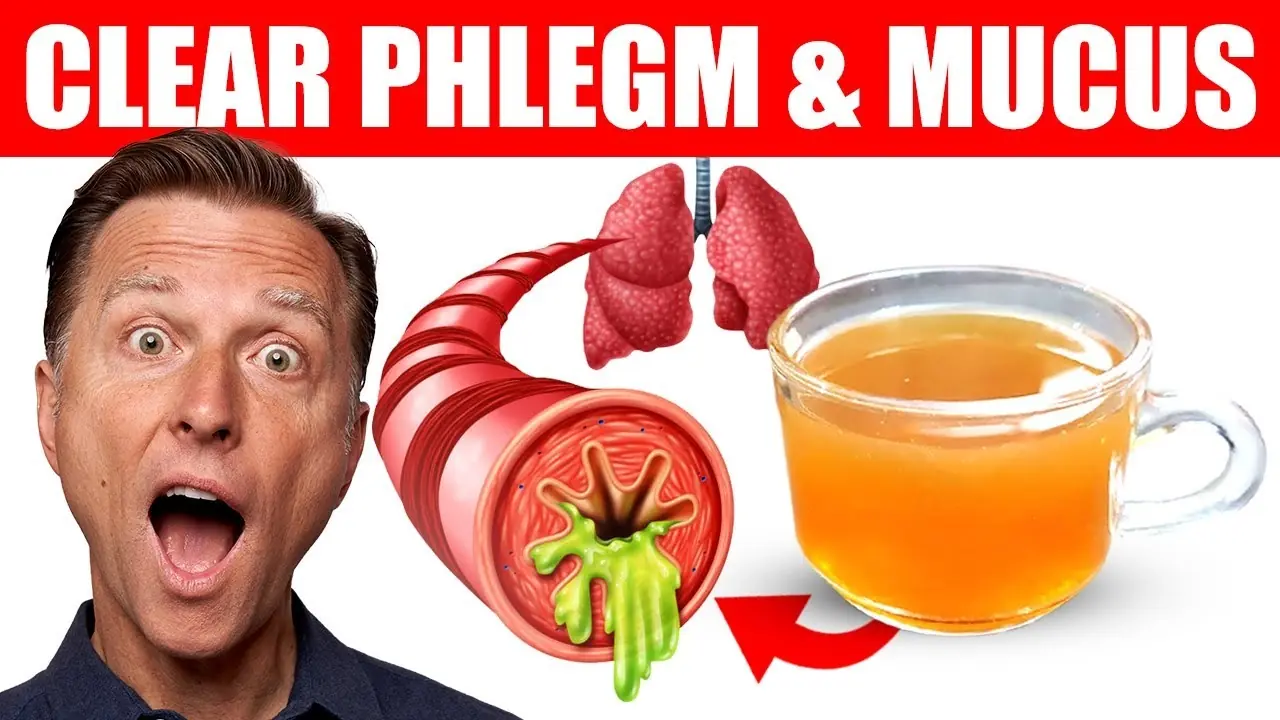
How To Get Rid Of Phlegm and Mucus In Chest and Throat

Burnout: Tips for Coping When You Can’t Just Quit
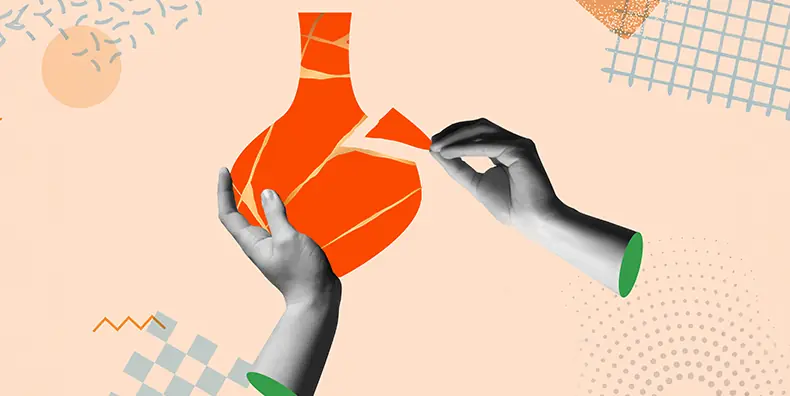
Beautifully Unbroken: Living Fully and Imperfectly With Bipolar
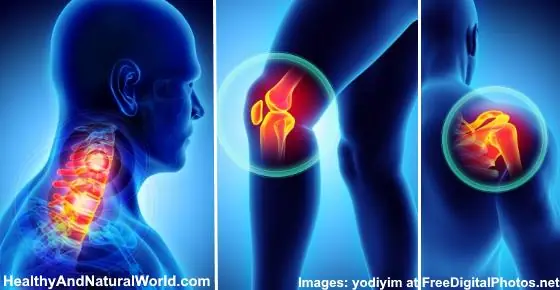
How to Get Rid of Muscle Soreness: Home Remedies That Really Work
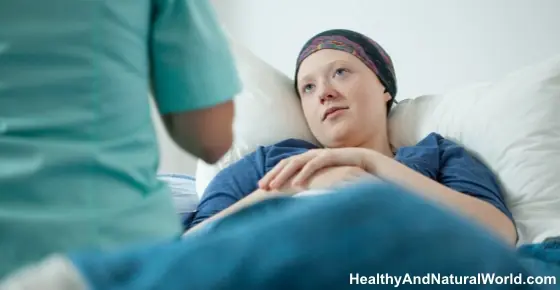
15 Common Cancer Symptoms You Shouldn’t Ignore
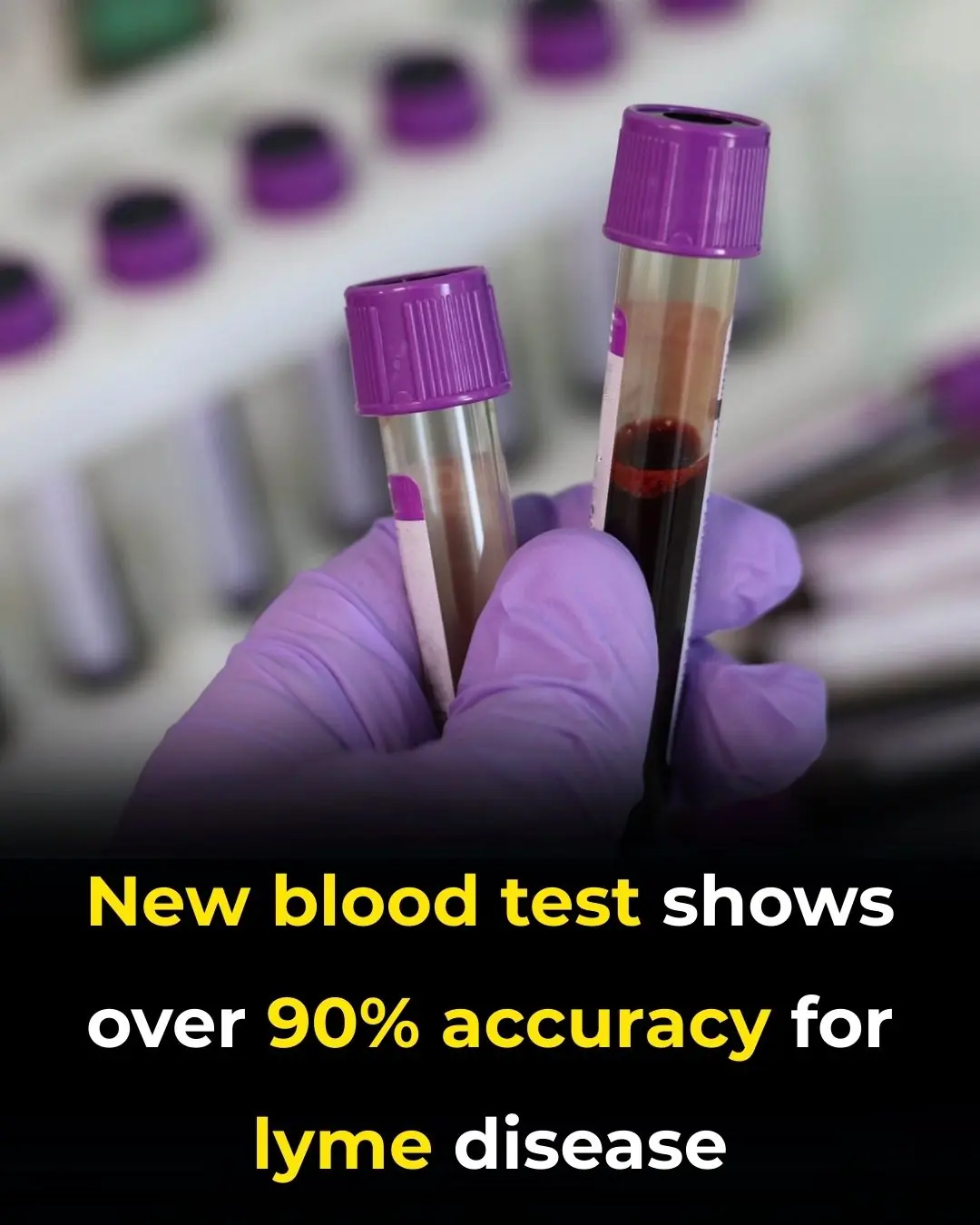
New Blood Test Shows Over 90% Accuracy for Lyme Disease
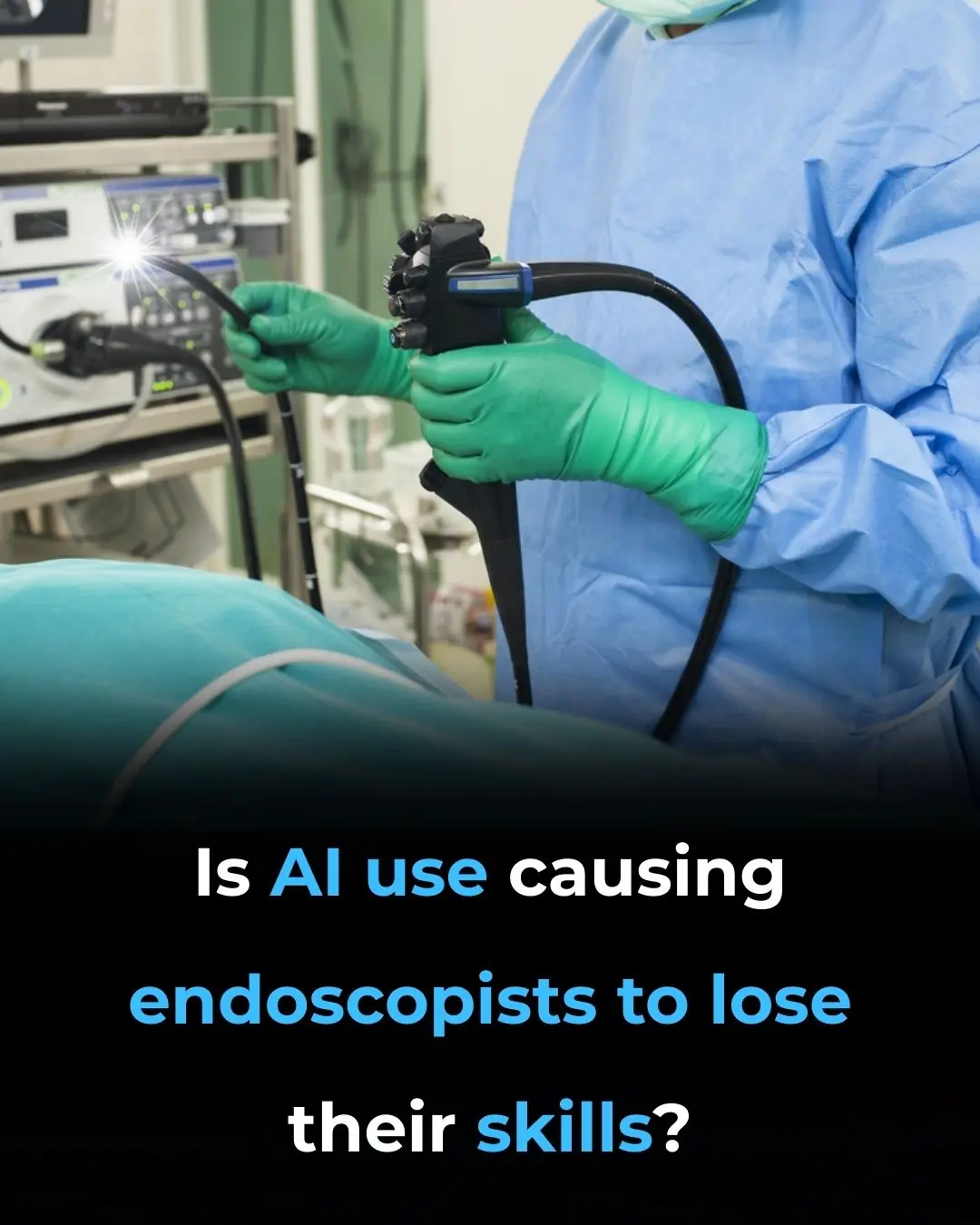
Is AI Use Causing Endoscopists to Lose Their Skills?
News Post

These Foods Cause Insomnia

How To Get Rid of Phlegm And Mucus

Most people eat these 7 meats daily — here’s why you shouldn’t

1 herb being called a miracle for liver, blood sugar, and blood pressure
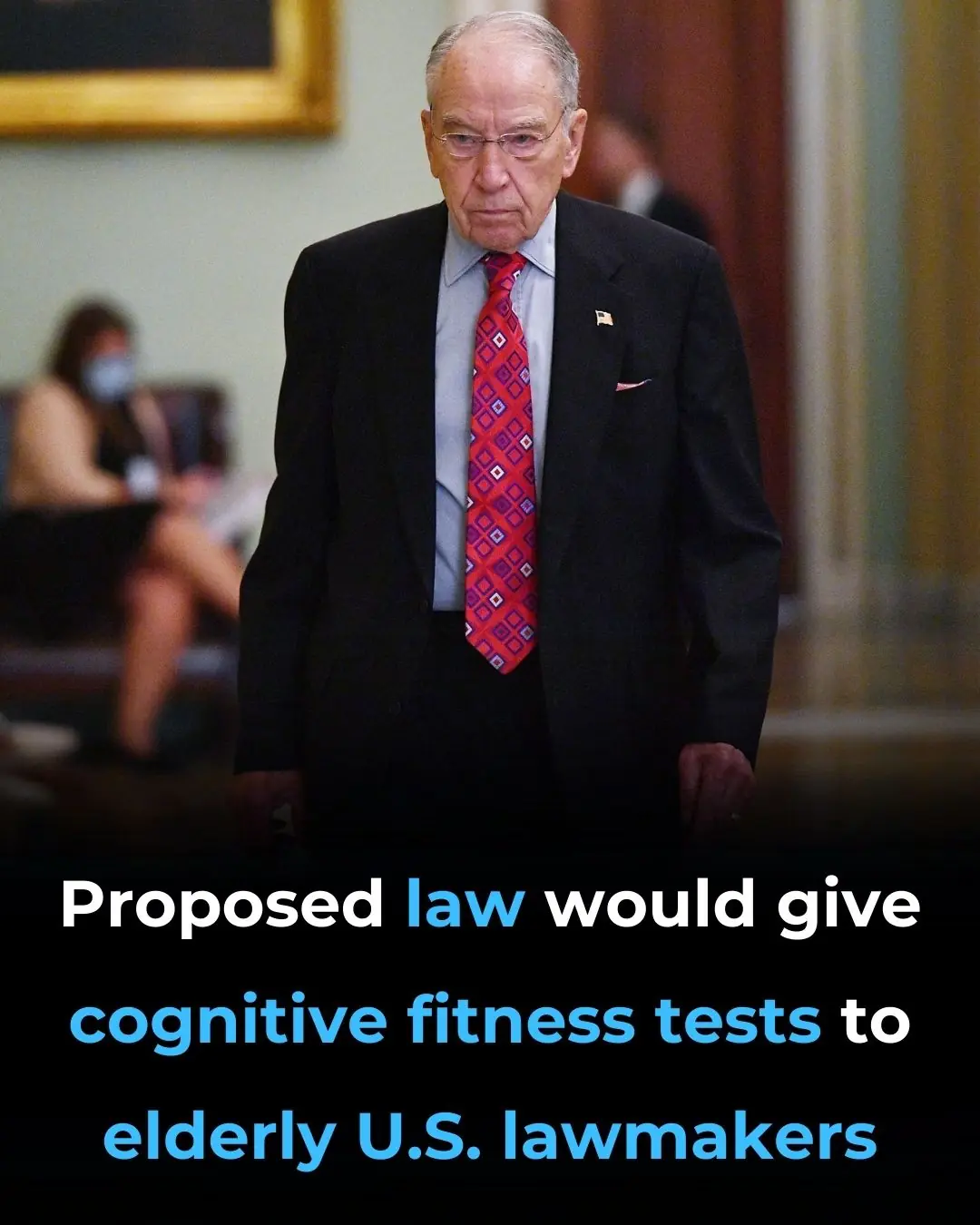
Proposed Law Would Give Cognitive Fitness Tests To Elderly U.S. Lawmakers

Apple Agrees to Pay Out Users From $95,000,000 Fund After Lawsuit Accused Siri of Listening to Private Conversationsa

Dr. Nick Norwitz Eats Over 700 Eggs in a Month to See What Happens

How she got her wealth might surprise you too 👀
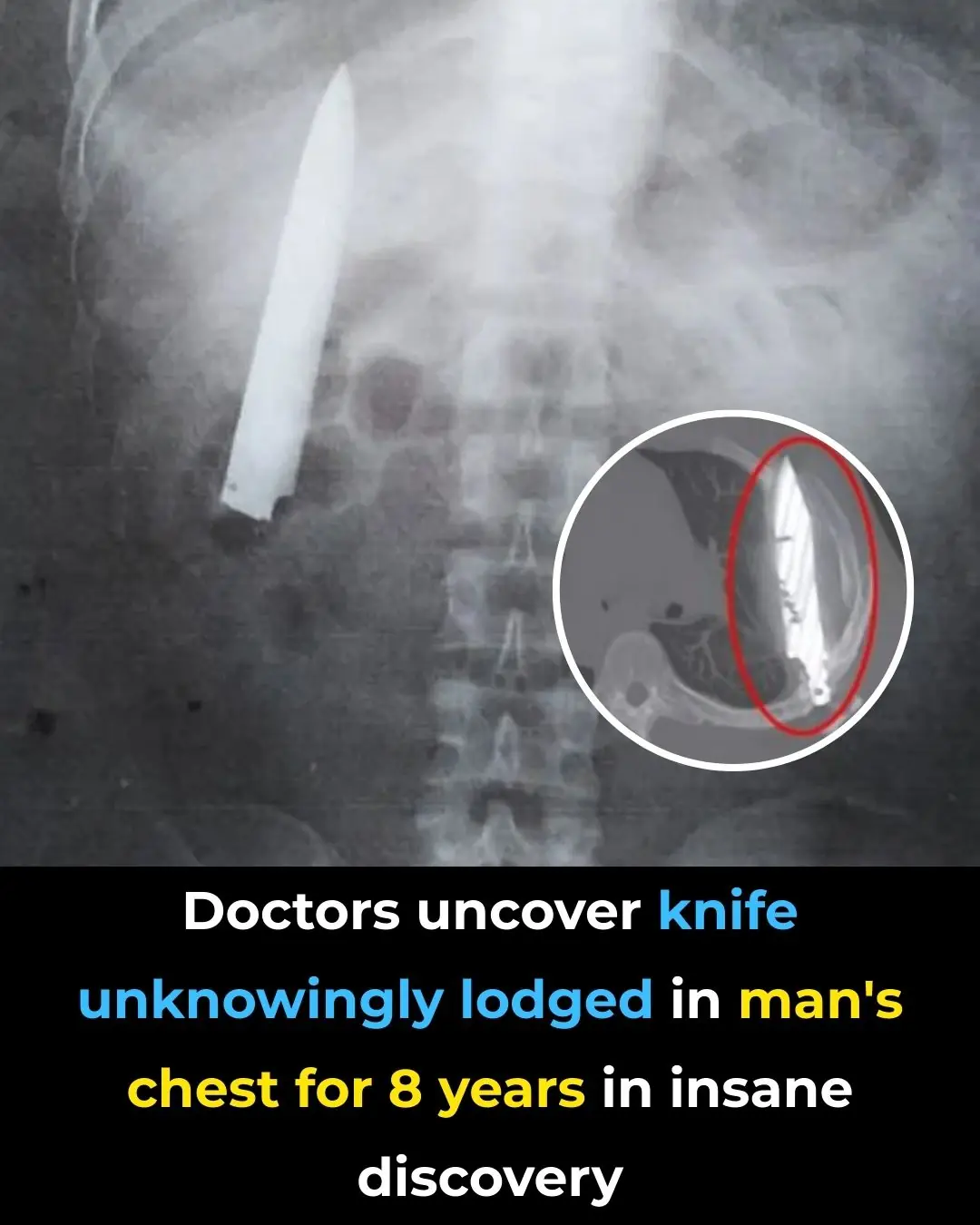
Doctors uncover knife unknowingly lodged in man's chest for 8 years in insane discovery

Elon Musk unveils new AI project that could recreate Microsoft’s entire business operations
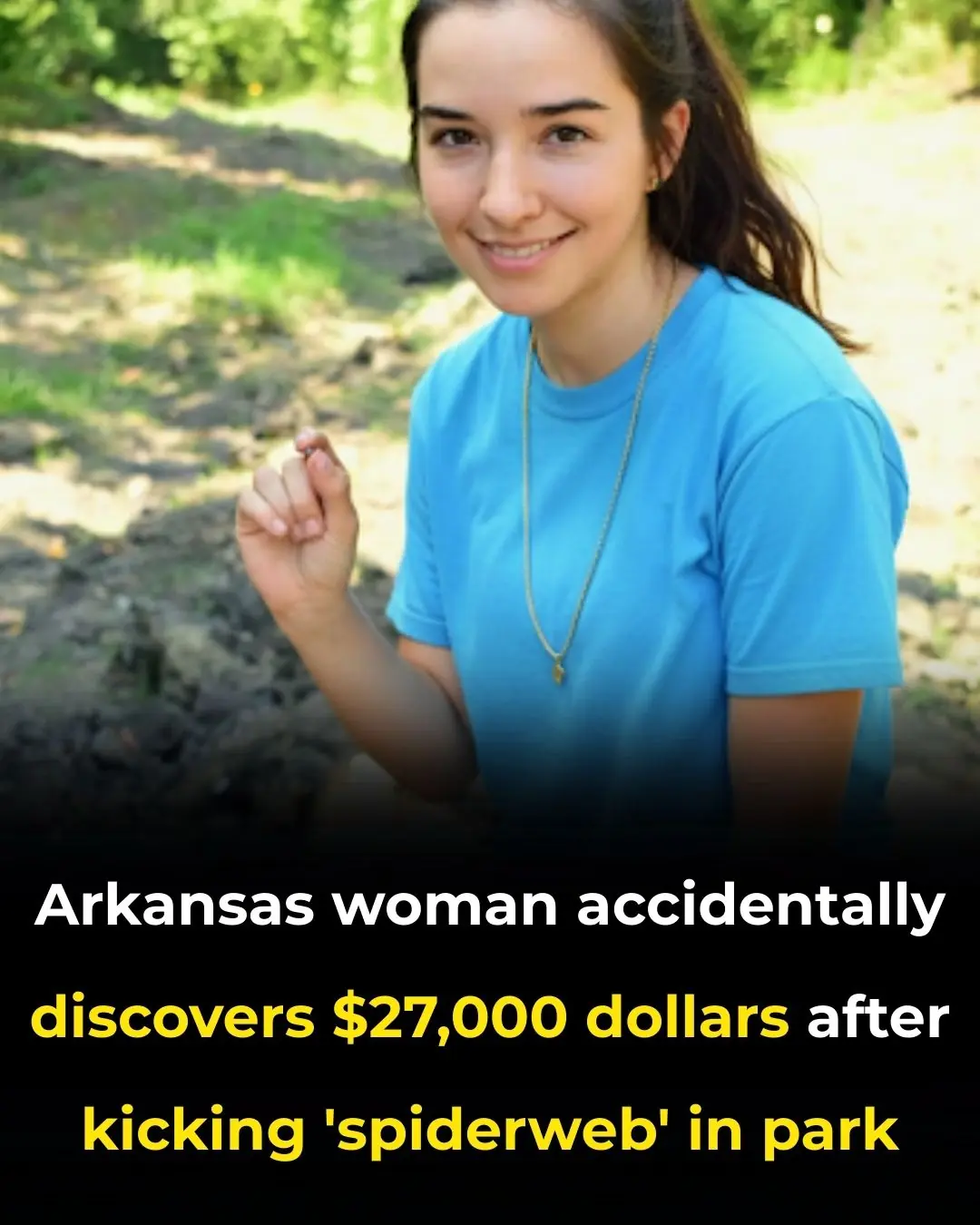
Arkansas woman accidentally discovers $27,000 dollars after kicking 'spiderweb' in park
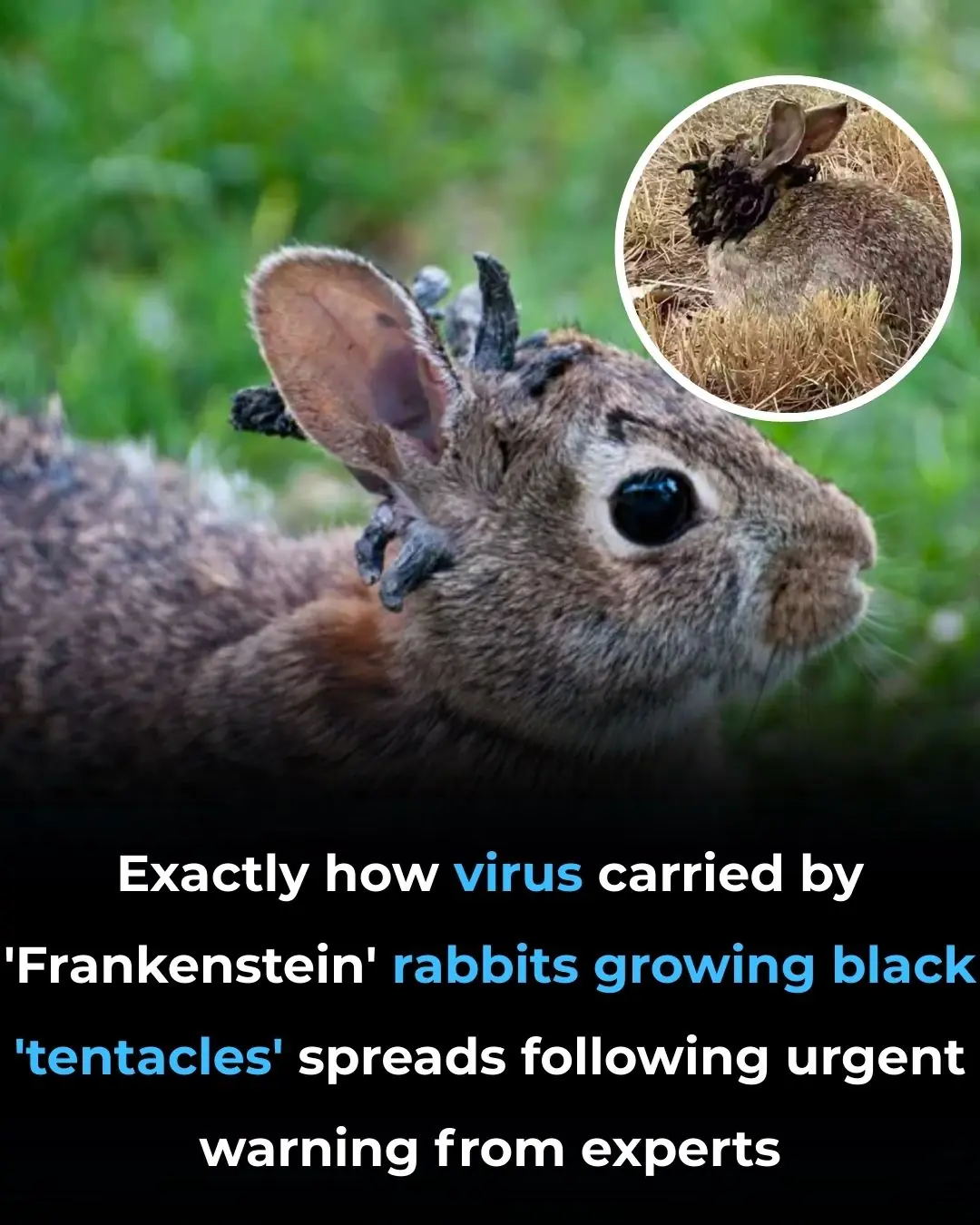
Exactly how virus carried by 'Frankenstein' rabbits growing black 'tentacles' spreads following urgent warning from experts
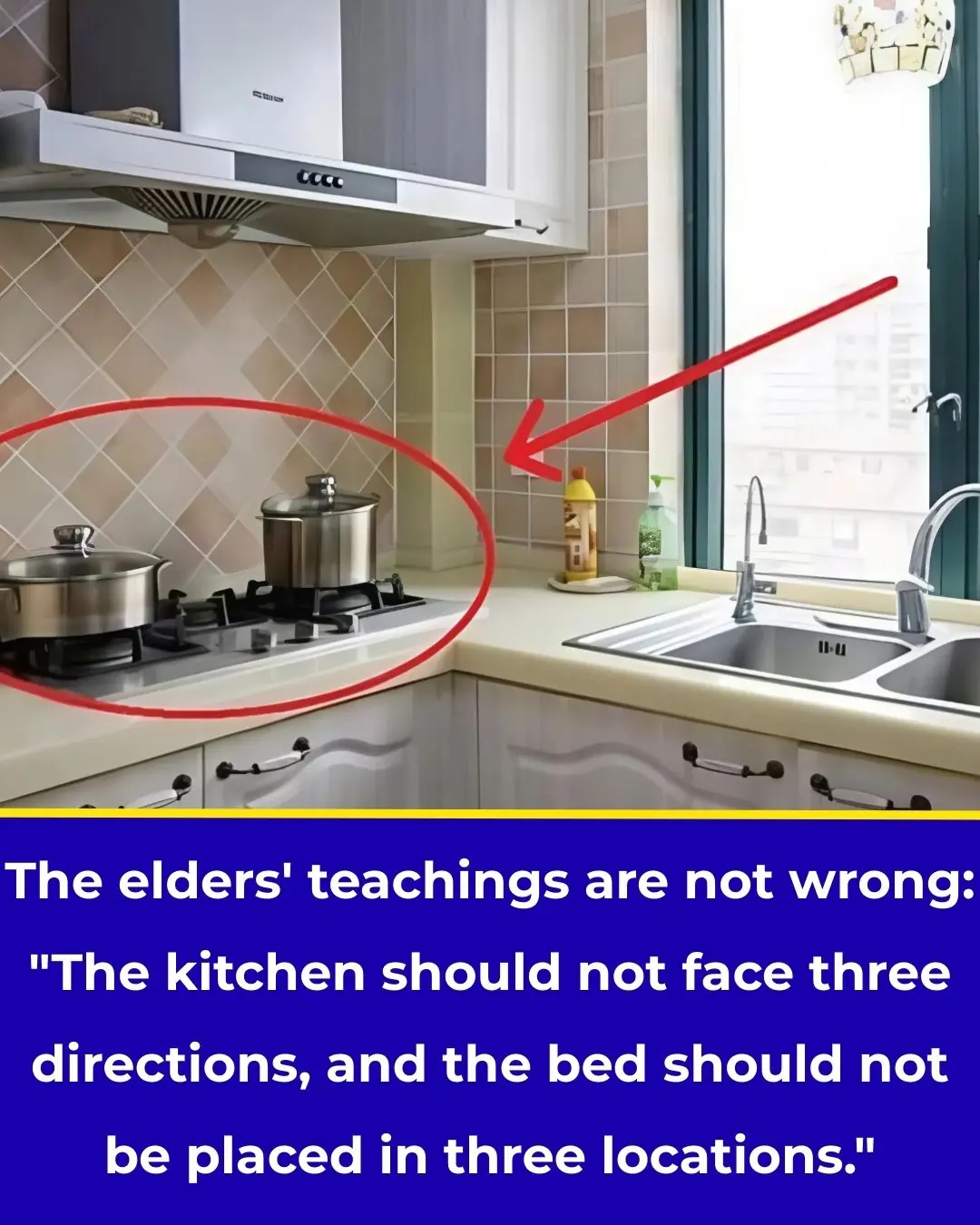
The Elders' Teachings Are Not Wrong: "The Kitchen Should Not Face Three Directions, and the Bed Should Not Be Placed in Three Locations"
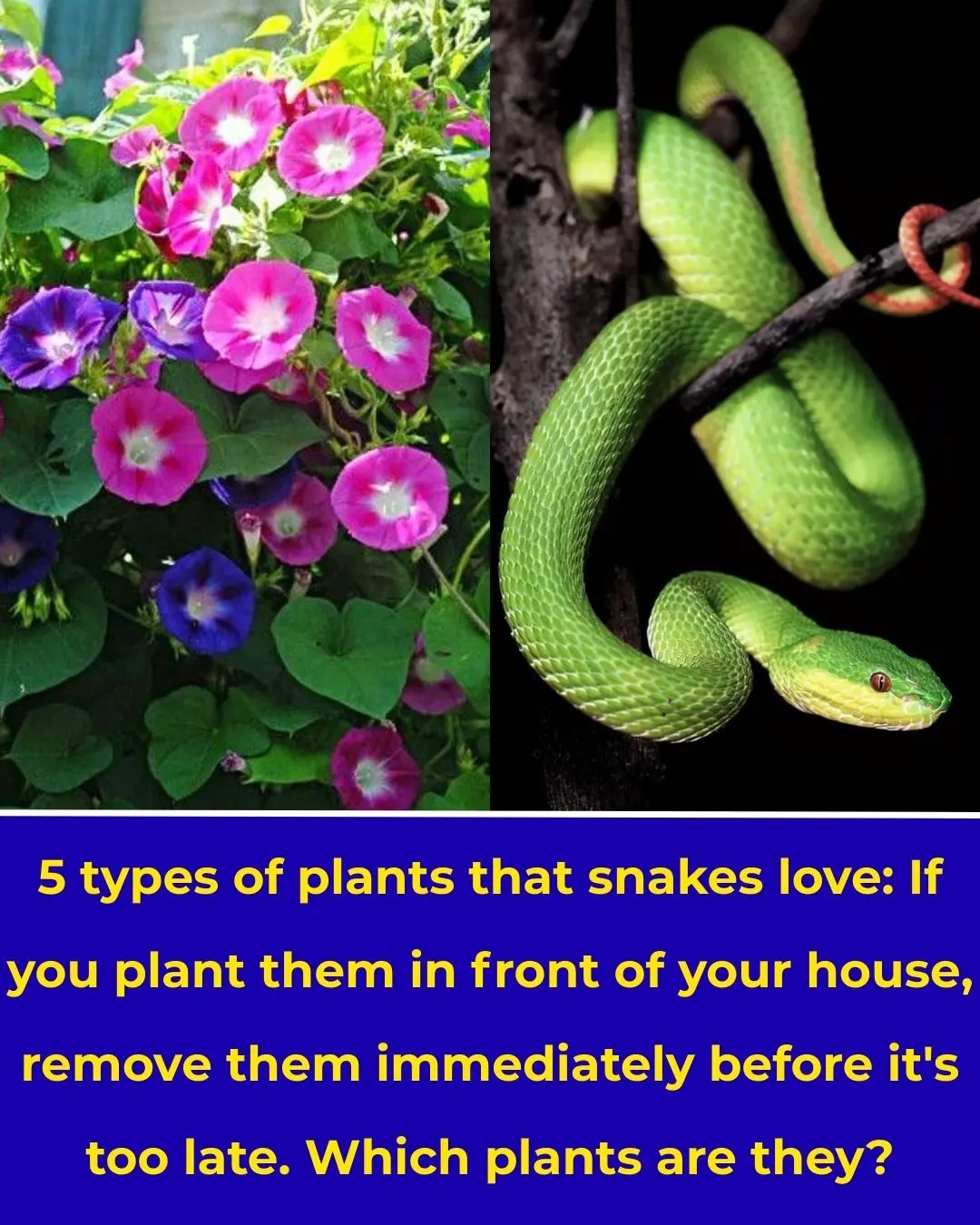
5 Types of Plants That Snakes Love: If You Plant Them in Front of Your House, Remove Them Immediately Before It’s Too Late
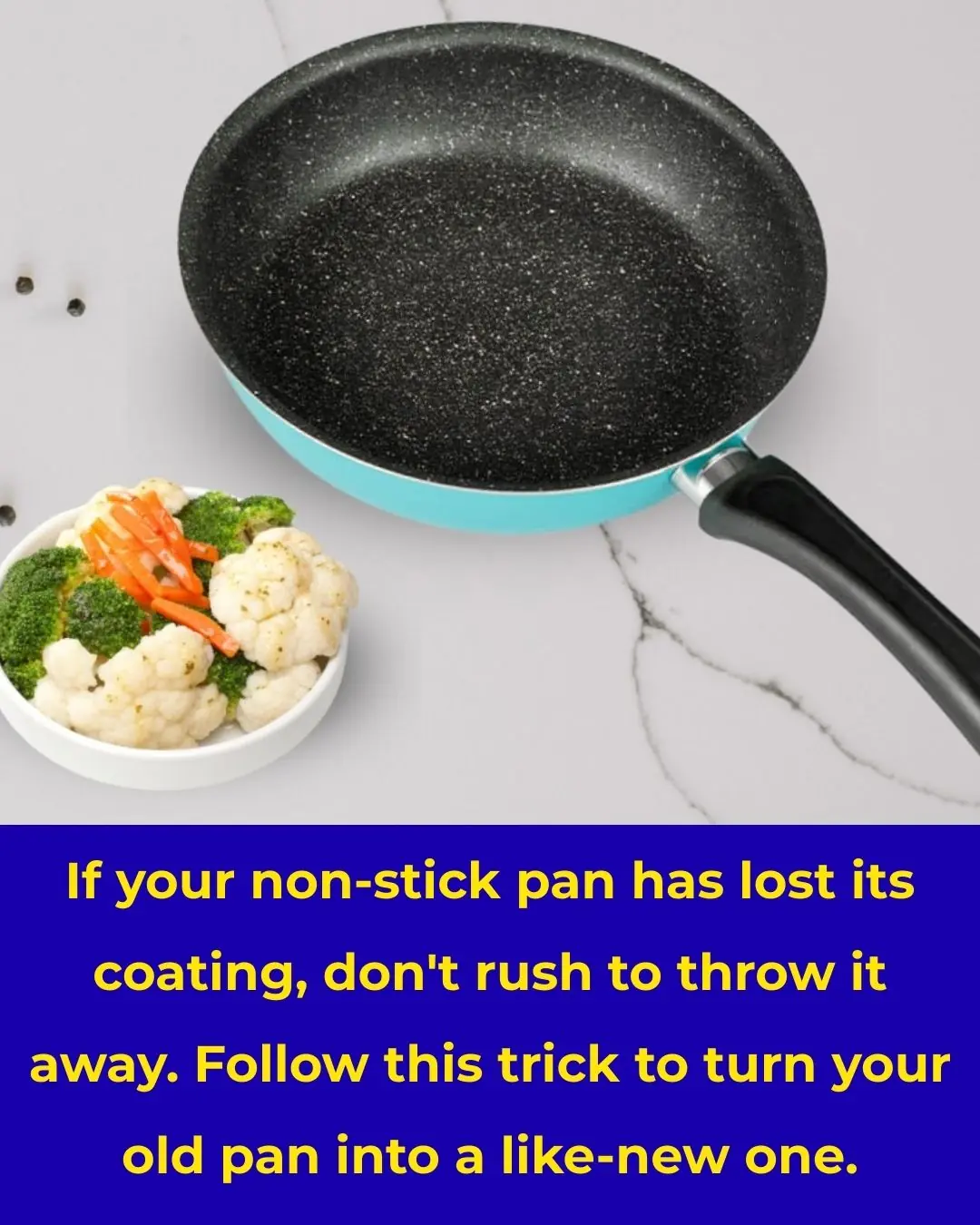
If Your Non-Stick Pan Has Lost Its Coating, Don’t Rush to Throw It Away. Follow This Trick to Turn Your Old Pan Into a Like-New One.
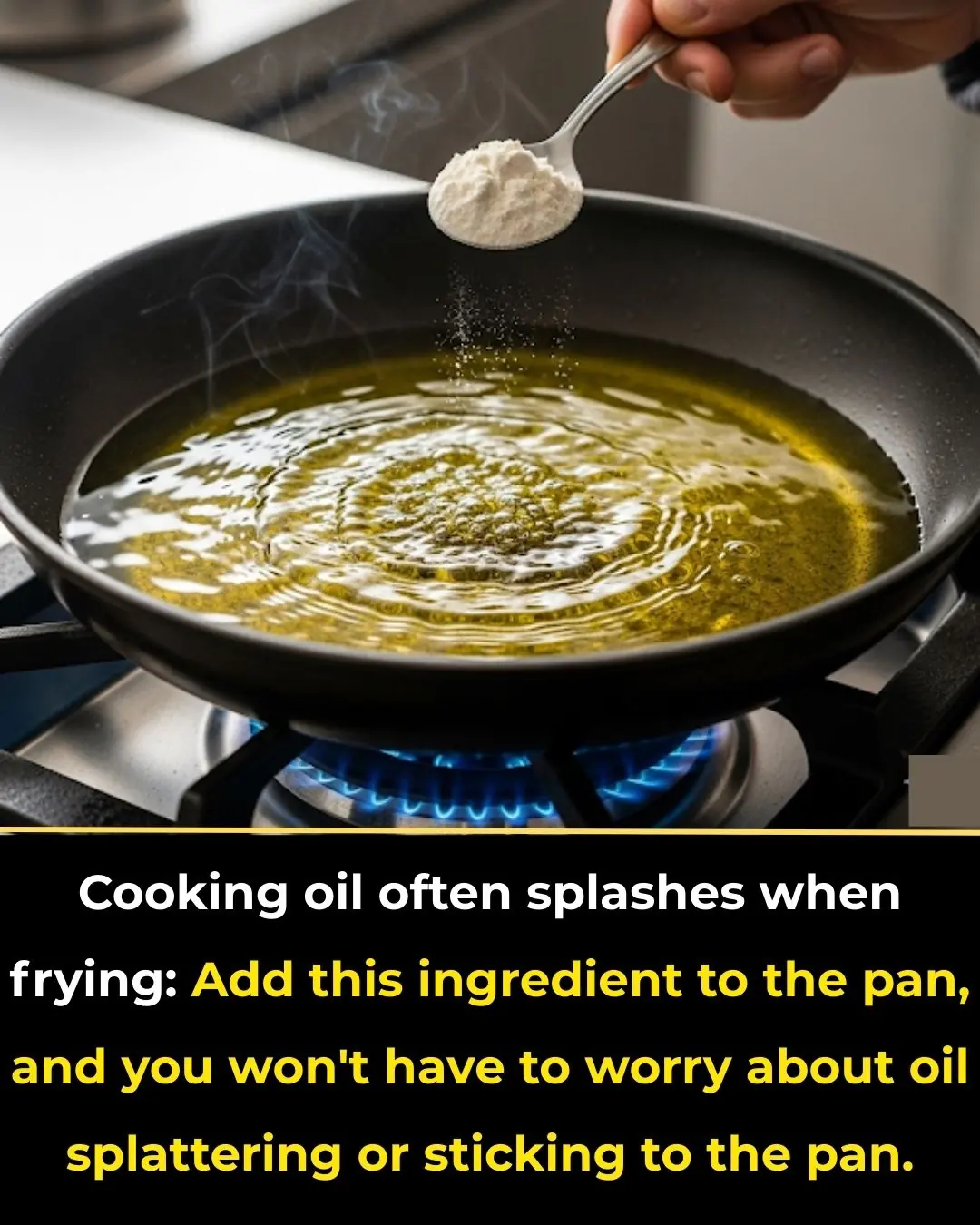
Cooking Oil Often Splashes When Frying? Add This Ingredient to the Pan, and You Won't Have to Worry About Oil Splattering or Sticking to the Pan

Is It Correct to Close the Door When Using the Air Conditioner? Here Are 5 Mistakes That Can Cause Your Electricity Meter to Increase 2-3 Times
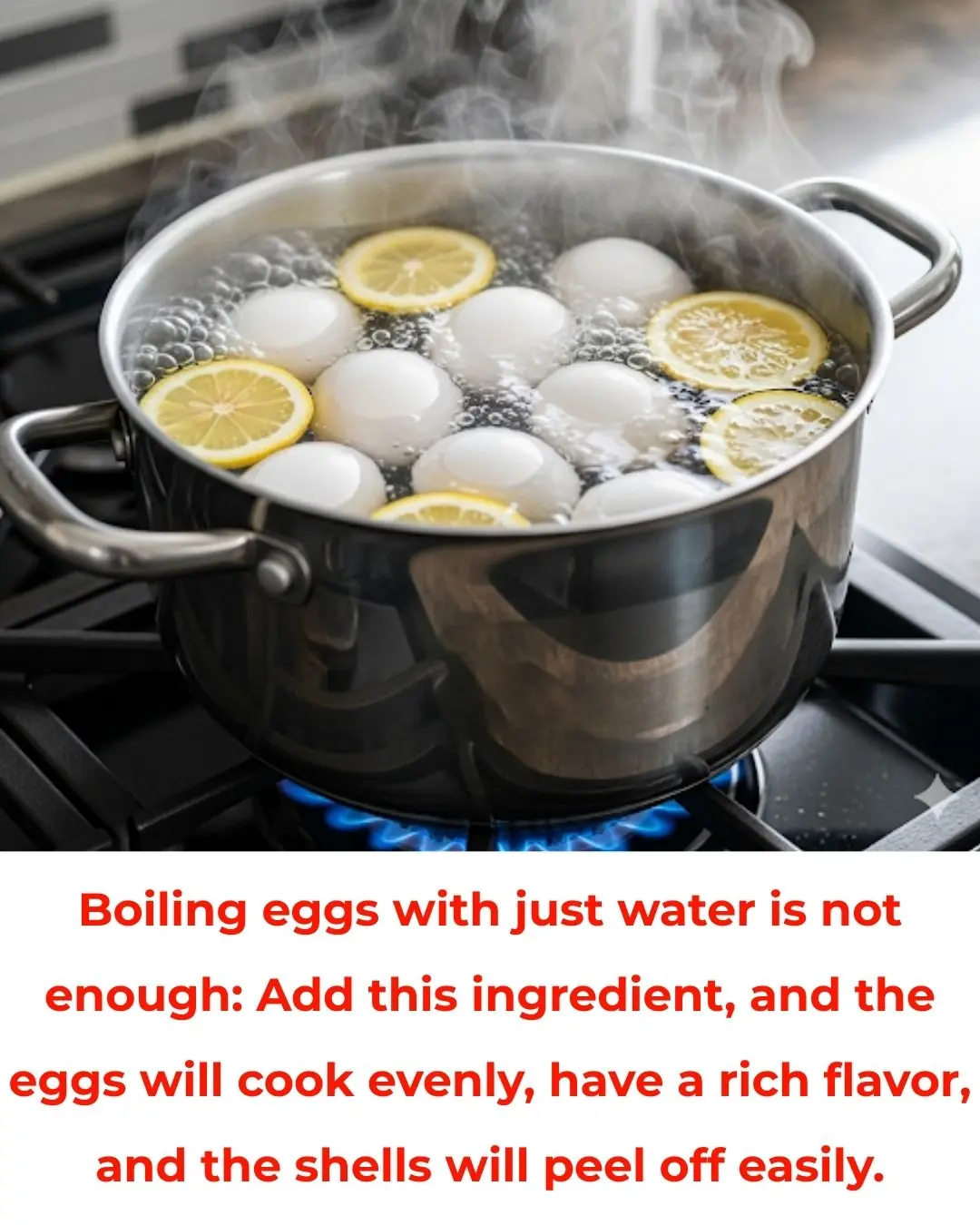
Boiling Eggs with Just Water is Not Enough: Add This Ingredient, and the Eggs Will Cook Evenly, Have a Rich Flavor, and the Shells Will Peel Off Easily

Do Not Ignore These 10 Warning Signs That Your Kidneys May Be In Danger
